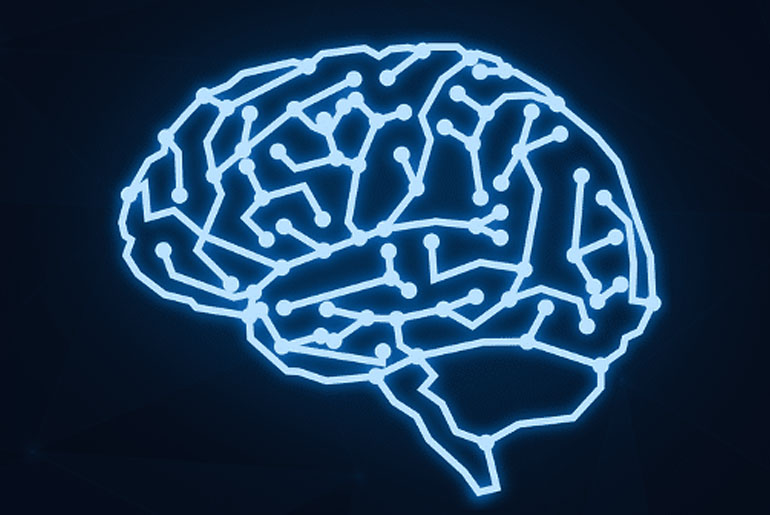A new Lancet Commission report highlights high cholesterol and untreated vision loss as significant new risks for dementia, a condition affecting memory and thinking skills. Alzheimer’s Disease, the most common type of dementia, accounts for 60-70% of cases. The report indicates that these issues contribute to nine percent of all dementia cases, with high levels of LDL cholesterol responsible for seven percent and untreated vision problems for two percent. This emphasizes the need to monitor cholesterol levels and ensure regular eye examinations to mitigate dementia risk.
Cholesterol and Dementia Risk:
The report, authored by 27 top dementia experts, underscores the importance of managing cholesterol and addressing vision issues to lower the risk of developing dementia. Dementia is listed as the seventh leading cause of death worldwide by the World Health Organization (WHO). In India, dementia affects 7.4% of people over 60, with around 8.8 million individuals living with the condition. Age remains the strongest risk factor for dementia, but the new evidence highlights the need to prioritize screening and treating vision loss and managing cholesterol levels in older adults.
Role of Vision Loss and Cholesterol in Cognitive Decline:
A meta-analysis of three UK studies involving over 1.1 million people under 65 found that every 1 mmol/L increase in LDL cholesterol raised dementia risk by eight percent. Another study with 1.2 million participants showed that LDL cholesterol levels over 3 mmol/L increased the risk of dementia by 33 percent. Additionally, a large UK study of 1.8 million people tracked for 7.4 years confirmed that higher LDL cholesterol levels are linked to a greater risk of dementia. Excess cholesterol raises stroke risk and leads to the buildup of amyloid β and tau proteins, which disrupt brain cell function.
Mechanisms of Cholesterol’s Impact on the Brain:
High levels of LDL cholesterol are linked to increased amyloid buildup in the brain. Dr. Faheem Arshad, assistant professor of neurology at NIMHANS, explains that this connection is due to several factors: heightened activity of amyloid-producing enzymes like secretases, reduced clearance of amyloid from the brain, negative impacts on neuron cells, and damage to the blood-brain barrier due to inflammatory processes. Researchers note that individual counseling on diet and exercise has limited effects on lowering LDL cholesterol. Statins, being studied for their potential benefits in Alzheimer’s Disease, show promise due to their anti-inflammatory and antioxidant properties, in addition to reducing cholesterol levels.
Vision Loss and Dementia:
The connection between dementia and untreated vision loss might be linked to conditions like diabetes, a known dementia risk factor. There could also be an underlying issue affecting both the retina and the brain. Correcting vision problems, such as refractive errors, might slow cognitive decline by enhancing sensory input. This is a bidirectional relationship, as cognitive factors also impact visual processing. Areas of the brain involved in memory and language influence how we perceive and interpret visual information, and sensory deprivation can accelerate cognitive decline.
Sensory and Cognitive Impairments:
Age-related sensory impairments are influenced by both biological and environmental factors. Both cognitive and sensory dysfunctions are triggered by aging, external factors (like alcohol and smoking), neurodegenerative disorders, and biological factors. Sensory and cognitive impairments are interconnected, with each affecting the other in various ways. Addressing these issues requires a comprehensive approach that takes their complex interplay into account.
The Lancet Commission report emphasizes the need for prioritizing the screening and treatment of high cholesterol and vision problems to mitigate the risk of dementia. Understanding the connection between these risk factors and cognitive decline can lead to better prevention strategies and improved quality of life for older adults.
Disclaimer:
The information contained in this article is for educational and informational purposes only and is not intended as a health advice. We would ask you to consult a qualified professional or medical expert to gain additional knowledge before you choose to consume any product or perform any exercise.







